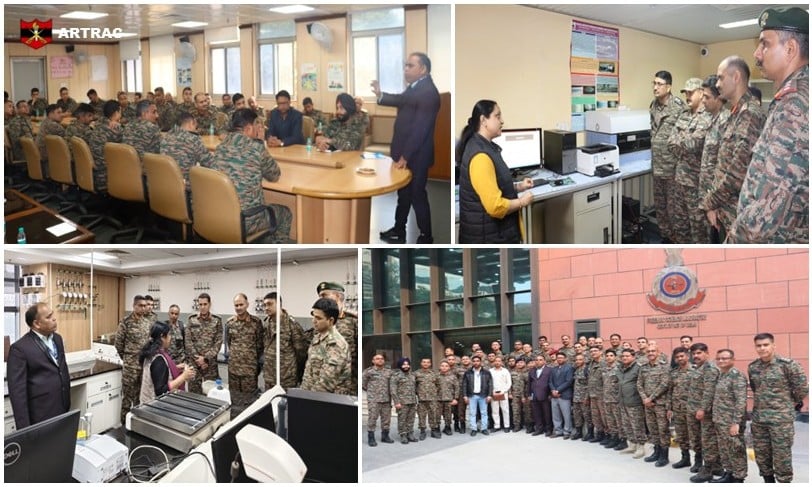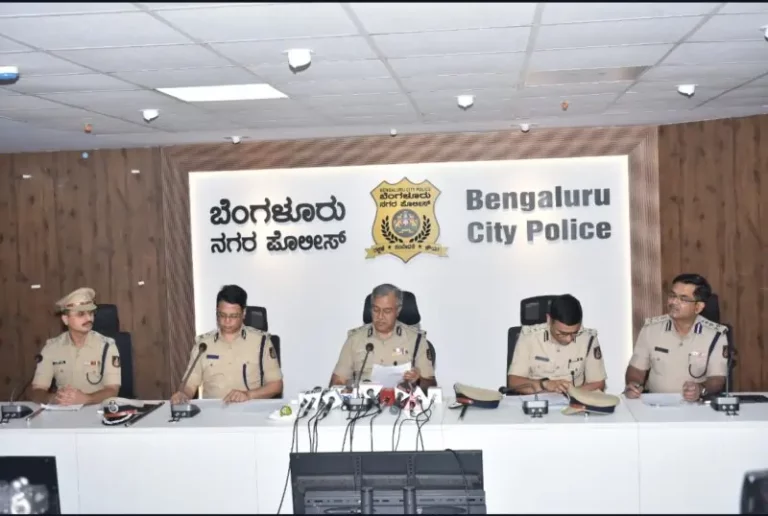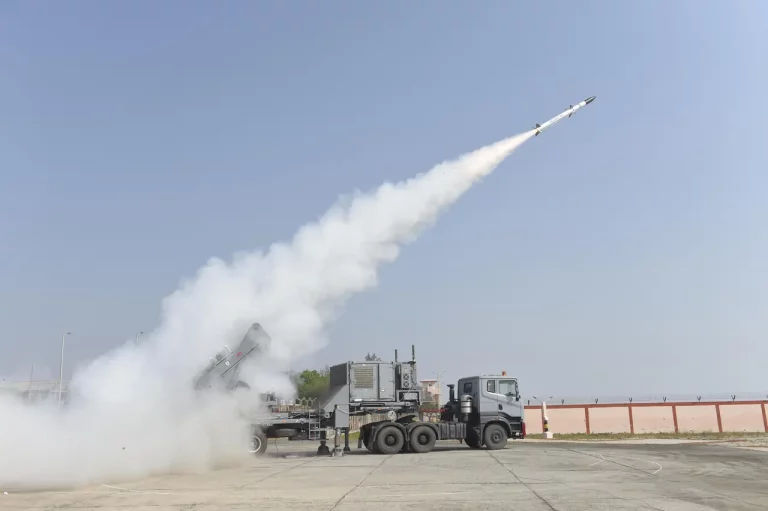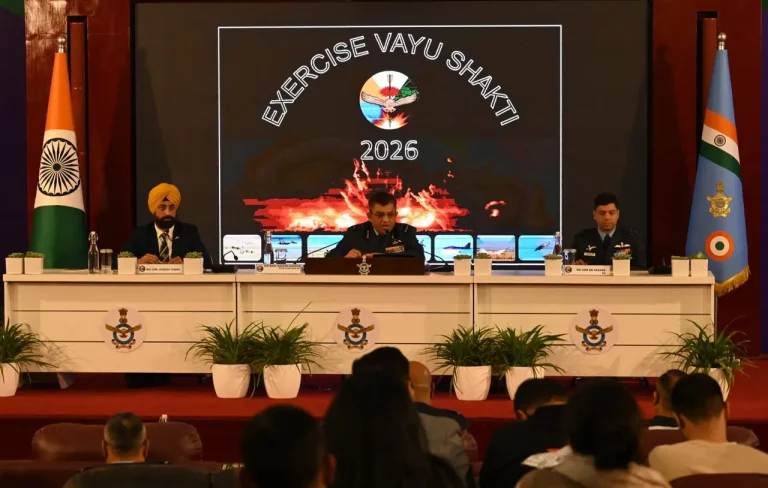A delegation of 42 officers participating in the Middle Level Commanders & Staff Officers Law Course at the Institute of Military Law (IML) in New Delhi recently visited the Forensic Science Laboratory (FSL) in Rohini. This visit was designed to enhance the officers’ understanding of the critical applications of forensic science in criminal investigations and military law enforcement.
During the visit, the officers engaged in a series of detailed briefings and practical demonstrations that covered various crucial forensic disciplines. One of the highlighted areas was Cyber Forensics, which focused on investigative techniques for analyzing digital evidence, exploring cybercrime, and addressing electronic data breaches. Officers learned about the importance of understanding the digital landscape in today’s criminal activities.
Another significant area covered was Chemical and Biological Analysis. This session familiarized the officers with methods to identify toxic substances, poisons, and biological agents that may be involved in forensic investigations. The know-how gained in these sessions is essential for officers tasked with dealing with potentially hazardous materials.
The officers also explored the Ballistics Division, where they gained insights into firearm-related forensic techniques, including bullet trajectory analysis and the forensic examination of weapons. This knowledge is vital for understanding the forensic aspects of incidents involving firearms, which have become increasingly prevalent in both civilian and military contexts.
Additionally, the Psychological Division provided valuable training in behavioral profiling and forensic psychology. The discussions included the study of criminal intent, equipping the officers with a deeper understanding of the psychological factors that can influence criminal behavior.
This visit to the FSL offered critical insights on how forensic science supports legal proceedings, military investigations, and operational law enforcement scenarios. By integrating forensic knowledge with military law practices, the officers are better prepared to conduct evidence-based investigations, uphold legal standards, and ensure due process within military justice systems.
The Institute of Military Law is committed to leading in legal education and professional development, ensuring that military officers are well-versed in contemporary forensic methodologies and their legal applications. This initiative reflects an ongoing effort to strengthen the intersection of forensic science and military law, ultimately enhancing the efficacy and integrity of military justice efforts.





